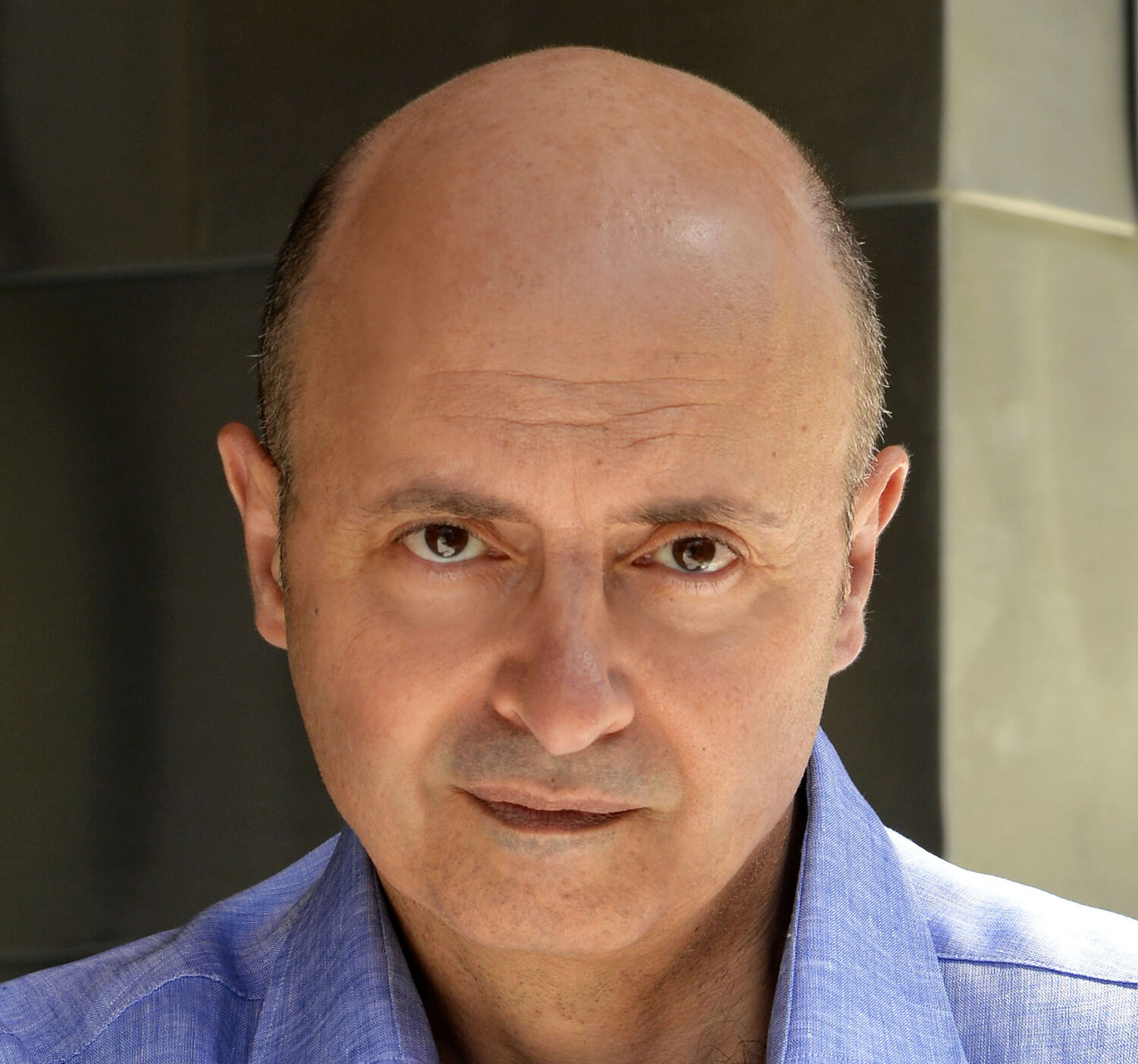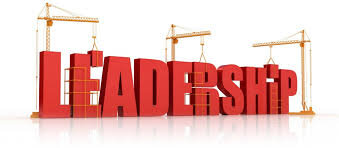Choosing the best leadership should not be just a discrete decision that is made without a key reference point. It is a relative choice about having the right person for the particular times.
Unfortunately, we often don't think of the relationship between choice and situation as being an important skewing factor, because we tend to get uniquely fixated on the person instead.
With the United States election coming to a crescendo, the US voters are making a choice on November 8th 2016. But that choice should not be just about the right candidate. The choice should be about the "right candidate at this particular time", because when the right leadership is matched with the current needs, then the best outcomes typically emerge. And that can make a big difference.
I'm not taking a public position on the US presidential election, because I am not a US voter, and don't believe in cross-border political interference, out of principle. But the point of this post is that matching leadership to the current situation applies not just in the context of politics, but also to companies, startups and technology ecosystems.
That said, Obama might have been a better peace-time president than what he has been in the last 8 years during a time when we saw an increase in global conflicts and issues, none of which he was good at solving.
Let's look at more examples on the business side.Startups typically begin by being led by their founders, but sometimes the founder doesn't grow their capabilities commensurably with the evolution of their company. In essence, they stop being the right leader for the right time.Twitter is having a crisis of sorts, and one could question if they currently have the right leadership for the situation they are experiencing. If Twitter had the right leadership, rumors of its sale wouldn't be buzzing, and many of its issues would have started to get resolved. When Jack was chosen over a year ago, I recall he was touted as being the right leader for Twitter at that time. Sadly, the evidence doesn't validate that, today. Either his time has passed, or he wasn't the right leader to begin with.
Yahoo's Marissa Mayer didn't move the needle much during her reign at Yahoo, so one could argue that maybe she wasn't the perfect CEO for the stage Yahoo was at.
In contrast, Mark Zuckerberg at Facebook has exhibited a continuous leadership evolution, and clearly, there is no mismatch between Facebook's needs and what its leadership is doing. Maybe he was aided by Sheryl Sandberg, other coaches and self-help based on self-awareness, but that's OK.
Ethereum, as an ecosystem has had a good balance between internal and external leadership, resulting in a vibrant flow of innovation and influence over its future. External leadership is distributed and decentralized (as expected), and it manifests itself via an abundant contribution by its ecosystem. Internal leadership by the Ethereum Foundation has allowed it to properly navigate organizational and legal challenges.
Bitcoin’s internal leadership has been (recently) mostly steered by the Blockstream related core developers, but their strong handed (and headed) stances have stifled external software applications innovation, especially when ideas didn't fit their direction. In sum, the internal vs. external leadership of that ecosystem isn't as vibrant as it could be, despite the rise in Bitcoin’s currency price.
Leadership is about evolution. If leaders don't evolve or adjust, the mismatch between their capabilities and their environment’s needs will result in lower performance outcomes; and that's true in politics and in business. But the tough part is that much of this is more visible in hindsight than in foresight.

